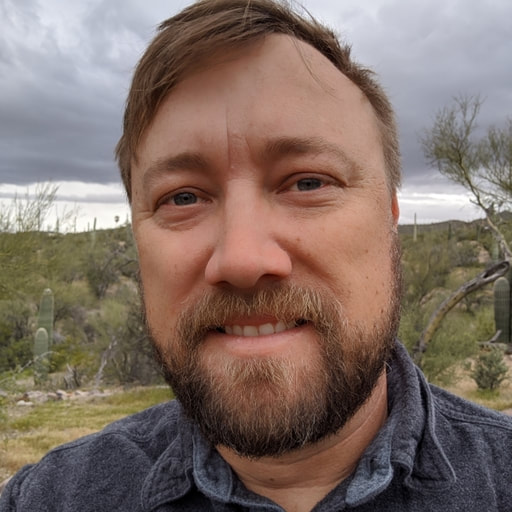I still think of that raindrop and its journey. Where does it go? What does it do after it and a trillion more drops like it land at the top of a watershed soak into the soil? The things that happen because of that raindrop changes our world in so many amazing and life sustaining ways that we don’t fully understand yet.
What are your undergraduate and graduate degrees in?
Ecology & Evolutionary Biology (BS), Watershed Management (MS, PhD)
How did you arrive at working in/thinking about ecohydrology?
I am privileged to have had a scientist father who took me to amazing places as a child to watch his team do field work. I’ve been thinking about natural science since I was very young. In college I was a wildland firefighter, spending those thousands of hours outside watching some fairly extreme natural processes at work turned into an obsession of learning how landscapes evolve over time.
What do you see as an important emerging area of ecohydrology?
Data intensive science. The ability to take many different types of data (e.g., remote sensing from satellites to drones, in situ measurements from instruments, organism traits and genetics, etc.) and apply advanced techniques (e.g., non-parametric statistics, machine learning, edge computing) to tease out pattern and process from our data in new and exciting ways. New ecohydrologists need to polish up their computer programming skills in addition to their other studies. I know, it's a lot to learn. At the very least, learn to communicate your needs to informaticians and software engineers.
Do you have a favorite ecohydrology paper? Describe/explain.
Not a paper, but the book “Terrestrial biosphere-atmosphere fluxes” (2013) by Russell Monson and Dennis Baldocchi.
Russ came to Arizona during the last two years of my PhD and taught this material as a course. It was the last semester long class I ever took, it was also the most challenging and stimulating. The book is a tour de force that every ecohydrologist should attempt to read.
What do you do for fun (apart from ecohydrology)?
Family-time, camping, hiking around looking for shed antlers (deer and elk) and bowhunting in my home state of Arizona.

 RSS Feed
RSS Feed